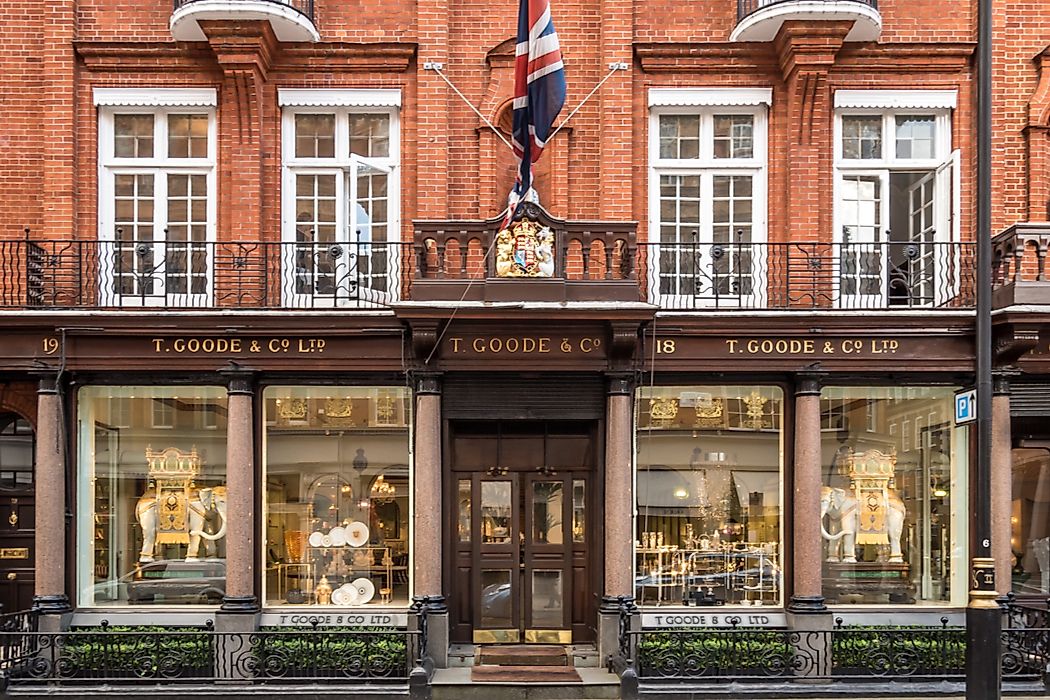What Is a Royal Warrant?

A royal warrant of appointment refers to a document that is issued to traders and suppliers who provide goods and services to the general royalty or someone who is a member of the royal family. By having the warrant, the supplier is permitted to advertise that they supply to the royalty thus elevating demand. The practice is in existence for most countries in the world that still have monarchs. These nations include the United Kingdom, Luxembourg, Denmark, Monaco, Sweden, and others. A royal warrant is a powerful marketing tool that any trader would wish to have. As a point of clarification, the warrant does not imply that the goods are gratuitous. Suppliers charge, mostly exorbitantly, for their goods and services.
History of Royal Warrants
Medieval Europe can be argued as the place where this practice began when they used royal patronages. However, those working with art were the only people receiving the documents. Patronages were replaced by charters in the 12th century. The first known Royal Warrant of Appointment was issued later in the 15th century thus replacing the Royal Charter. Among the first recipients of a Royal Warrant is the historically famous printer known as William Caxton. King Charles II of England was among the first monarchs to issue a warrant.
Royal Warrants in the United Kingdom
For the case of the UK, these warrants are issued by three elder members of the British Royal Family. The three senior members of the royal family who can grant it are the Queen, her husband the Duke of Edinburgh, and their son, the Prince of Wales. Typically, a British royal warrant begins with the phrase "By Appointment to..." and then the details of the supplier including the goods and/or services provided. These warrants are only given to tradesmen who engage in crafts such as carpentry, engravers, and other crafts. Businesses that may be classified as entertainment or refreshment cannot receive the warrant. As things stand, there are more than 1,100 issued warrants in the UK to about 850 people and companies. Some of them are not based in the UK.
The warrant is a symbol of mutual satisfaction between the grantor and the person or company receiving the warrant. For a company or individual to be eligible for the warrant, they must have supplied goods and/or services to the royal family for a minimum period of five years. After that, the application for the warrant goes through several channels such as the Royal Household Warrants Committee (led by the Lord Chamberlain) for consideration and approval. After that, it has to be signed by one of the three grantors should they wish to do so. Approval by the committee does not guarantee that the grantor will sign the warrant. Ultimately, the issue is personal.
Another point of clarification is that the grantor does not necessarily need to use the goods himself. A warrant can be given even if the grantor does not use a product, such as the cigarette warrant that was stopped in 1999. The cigarettes were supplied to the court for royal guests. There are some warrant holders who have had the documents renewed for more than 100 years.











